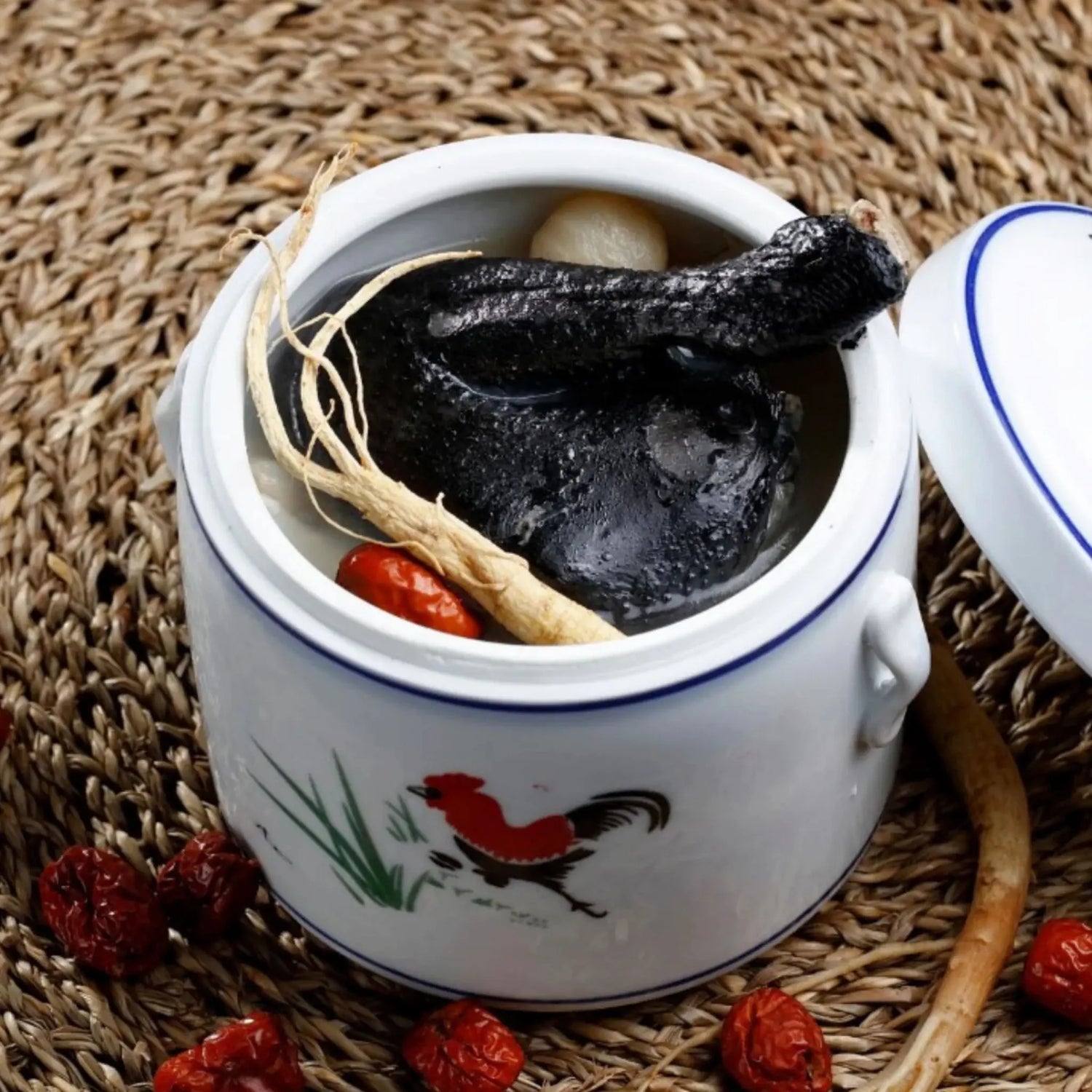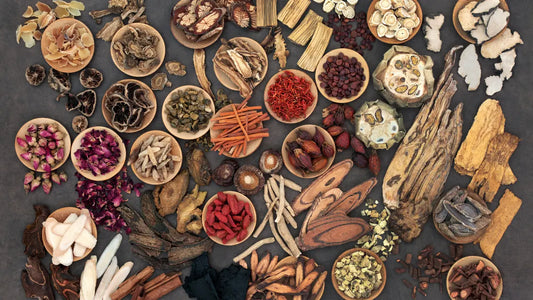10 Helpful Labour Tips from Our Expert Midwife (with a TCM Perspective)
Labour is one of the most powerful, emotional, and transformative moments in a mother’s journey. Whether it's your first baby or your third, preparing your body and mind for birth can make a world of difference. To help you feel more confident, we sat down with our expert midwife to compile 10 practical labour tips—blending evidence-based strategies with Traditional Chinese Medicine (TCM) philosophies to honour both modern care and ancient wisdom.
1. Diaphragmatic Breathing: Anchor Your Energy Slow, deep breathing helps you stay centred during contractions. Inhale through your nose, expanding the belly, and exhale slowly through the mouth. In TCM, breath is linked to your qi (energy), and breathwork helps conserve and regulate it during labour.
Tip: Practice this in the weeks before birth so it becomes second nature.
2. Gentle Movement to Promote Flow Staying active with swaying, rocking or using a gym ball can help your baby move through the pelvis. In TCM, movement supports the free flow of qi and blood, helping reduce stagnation and ease pain.
Try: Hip circles on a birth ball or slow walking between contractions.
3. Hydration to Nourish the Body Labour is intense work, and staying hydrated is essential. Sip on water or an electrolyte drink to keep energy up. In TCM, fluids support yin, which balances the heat and dryness often present during active labour.
Tip: Warm drinks (like red date tea) may feel more soothing than cold water.
4. Visualisation and Positive Affirmations Mental clarity can calm the nervous system. Use imagery of waves, soft light or your baby arriving safely. Positive words create positive intention—something deeply respected in TCM, where emotional harmony affects physical wellbeing.
Mantra idea: “My body knows how to birth. I trust the process.”
5. Build Your Birth Support Circle Choose people who uplift you. Whether it's your partner, doula, or midwife, your support team can guide, hold space, and advocate for you. In both modern and traditional care, community is medicine.
Tip: Talk about your birth preferences ahead of time so everyone is aligned.
6. Use Water for Soothing and Release A warm bath or shower during labour can relax your muscles, calm your mind, and reduce pain. TCM encourages warmth and water to soften tension and open the body.
Note: Avoid cold water as it may disrupt internal warmth during this sensitive time.
7. Music and Aromatherapy for a Calm Birth Space Scent and sound shape your emotional environment. Choose relaxing music and essential oils like lavender or clary sage. In TCM, this supports the shen (spirit), helping create a peaceful space for birth.
Create a playlist: Include songs that make you feel grounded, joyful or safe.
8. Change Positions to Open and Align Labour isn’t meant to happen in one position. Try hands-and-knees, squatting, side-lying, or leaning forward. Changing position can relieve pressure and encourage optimal fetal positioning.
From a TCM lens: This helps reduce stagnation and keeps energy flowing.
9. TENS Machines for Natural Pain Relief TENS (transcutaneous electrical nerve stimulation) units offer drug-free relief by gently pulsing the back muscles. Many hospitals and hire services now offer them.
Why it works: It redirects your brain's focus from contractions to sensation, while supporting natural endorphin release.
10. Trust in Your Body’s Wisdom Your body is built for this. In TCM, birth is seen as a natural, powerful release—a culmination of energy, blood and intention coming together. Trust your body. Trust your instincts.
Repeat to yourself: “My body is strong. I am supported. I am safe.”
Final Thoughts: A Balanced Birth Plan Blending modern birth techniques with Traditional Chinese wisdom gives you a well-rounded, grounded approach to labour. There is no perfect way to give birth—only the way that feels right for you.
Take what resonates, leave what doesn’t, and remember: this is your birth story.
Want to learn more about TCM for pregnancy or postpartum? Explore our confinement meals, herbal teas and recovery soups made to support mothers at every stage.






